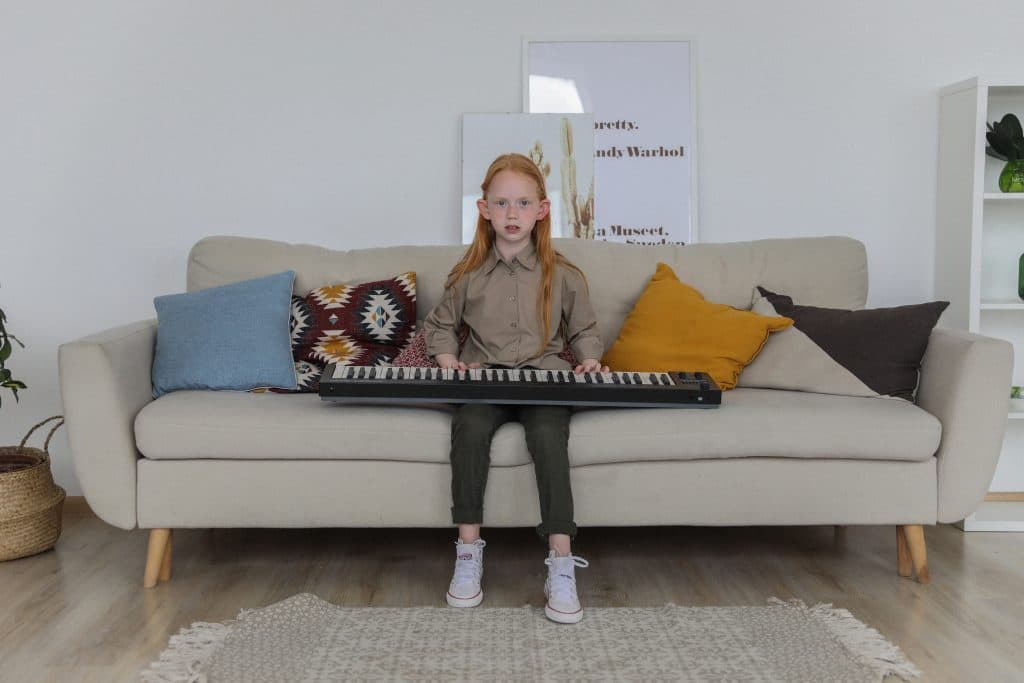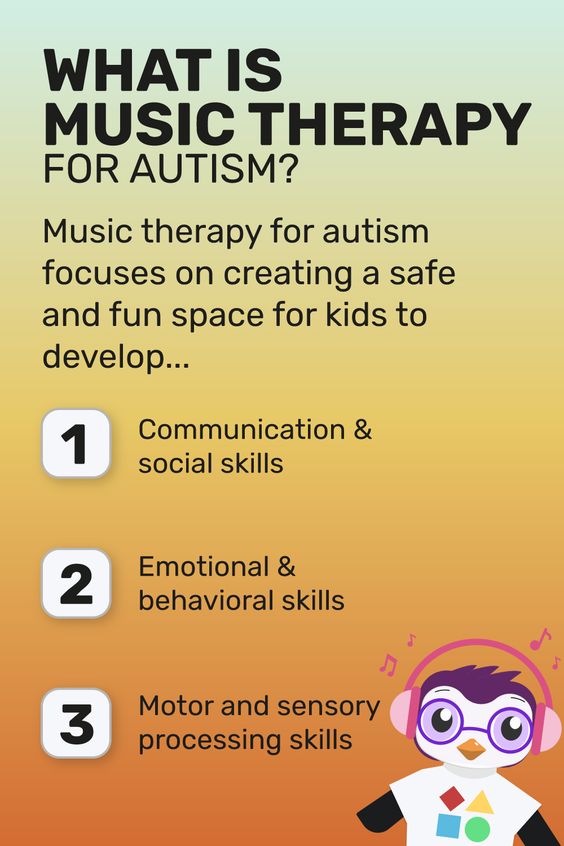Have you ever considered introducing your neurodivergent child to music? Playing a musical instrument offers numerous benefits that can have a lasting impact on their overall development. Let’s explore five fantastic reasons why incorporating music into your child’s daily routine could be a game-changer. Get ready to be inspired by the remarkable power of music and all the advantages it has for kids with learning and thinking differences.
Table of Contents
1. Improved Cognitive Skills
Did you know that playing a musical instrument can boost your child’s cognitive abilities? That’s right, it helps with memory, language skills, and attention span. Not only that, but it also strengthens problem-solving and critical thinking abilities, which are essential skills for every child.
- Developing language, memory, and attention span
- Strengthening problem-solving and critical thinking abilities
- Enhancing fine motor skills and hand-eye coordination
Studies demonstrate that children with autism spectrum disorder (ASD) and other learning differences can benefit significantly from regular musical training. In other words, playing a musical instrument has the potential to improve essential cognitive skills among neurodivergent kids.

Read more: Anxiety Music Therapy for Kids
2. Emotional Regulation and Expression
Managing emotions is often challenging for kids with learning and thinking differences. Fortunately, playing a musical instrument can help. It offers a healthy outlet for expressing emotions and provides a means of communication that doesn’t rely solely on words. Plus, it’s an effective way to build self-confidence and self-esteem.
- A healthy outlet for emotional expression
- A means to communicate feelings without relying on words
- A way to build self-confidence and self-esteem
By encouraging your child to explore their feelings through music, they can develop emotional resilience and gain a greater sense of well-being, making their daily lives more fulfilling and enjoyable. What are the benefits of listening to music with my kid?
3. Enhanced Social Skills
Playing a musical instrument can do wonders for your child’s social skills. Music-making often involves collaboration, which is a perfect opportunity for kids to:
- Practice listening and responding to others
- Improve non-verbal communication
- Develop patience and tolerance
- Build lasting friendships and social connections
What’s more, enrolling your child in a music class or group specifically designed for neurodivergent kids provides a nurturing environment where they can grow and flourish socially.

Read more: Music Therapy for Autism
4. Structured Routine and Discipline
Practicing an instrument regularly is key to mastering it, and can teach valuable life skills like self-discipline, perseverance, and time management. By creating a structured practice schedule, children with learning differences can:
- Develop a sense of responsibility
- Learn goal-setting and follow-through
- Improve focus and concentration
With your guidance and encouragement, your child can learn the importance of consistency and dedication in achieving their goals, applicable to both music and other aspects of their lives.
5. Unleashing Creativity and Imagination
Playing a musical instrument presents endless opportunities for creativity and self-expression. As your neurodivergent child experiments with music, they can:
- Discover their unique artistic voice
- Develop a sense of individuality and personal identity
- Enhance cognitive flexibility and openness to new experiences
Nurturing their innate creativity ensures your child can achieve their full potential while experiencing a profound sense of accomplishment and satisfaction.
Goally | Apps To Support Child Development
Looking for fun ways to help your child learn life skills? Try Goally! The Goally tablet comes with award-winning learning apps and video classes to help kids develop the skills they need to become independent with FUN & evidence-based practices.

Our apps teach executive function, language, emotional regulation, finger dexterity skills, and more.
As your child develops new skills, you can increase the difficulty level of the tasks in the app to challenge and motivate them even further. This helps your child grow and progress at their own pace, while also keeping them engaged and excited about their development.

To sum up, the benefits of playing a musical instrument for neurodivergent kids are abundant and far-reaching. From cognitive enhancement to emotional growth and social development, music offers unparalleled opportunities for your child’s growth and well-being. So, why not consider introducing a musical instrument into your child’s daily life? You may be pleasantly surprised by how the power of music transcends boundaries and connects us all, laying the foundation for personal success and happiness.
This post was originally published on 05/27/2023. It was updated on 10/05/2023.

Goally
We help parents teach their kids life skills, like doing bedtime and morning independently. Backed by science, we incorporate evidence-based practices and expert-informed designs in all of our apps and content.






